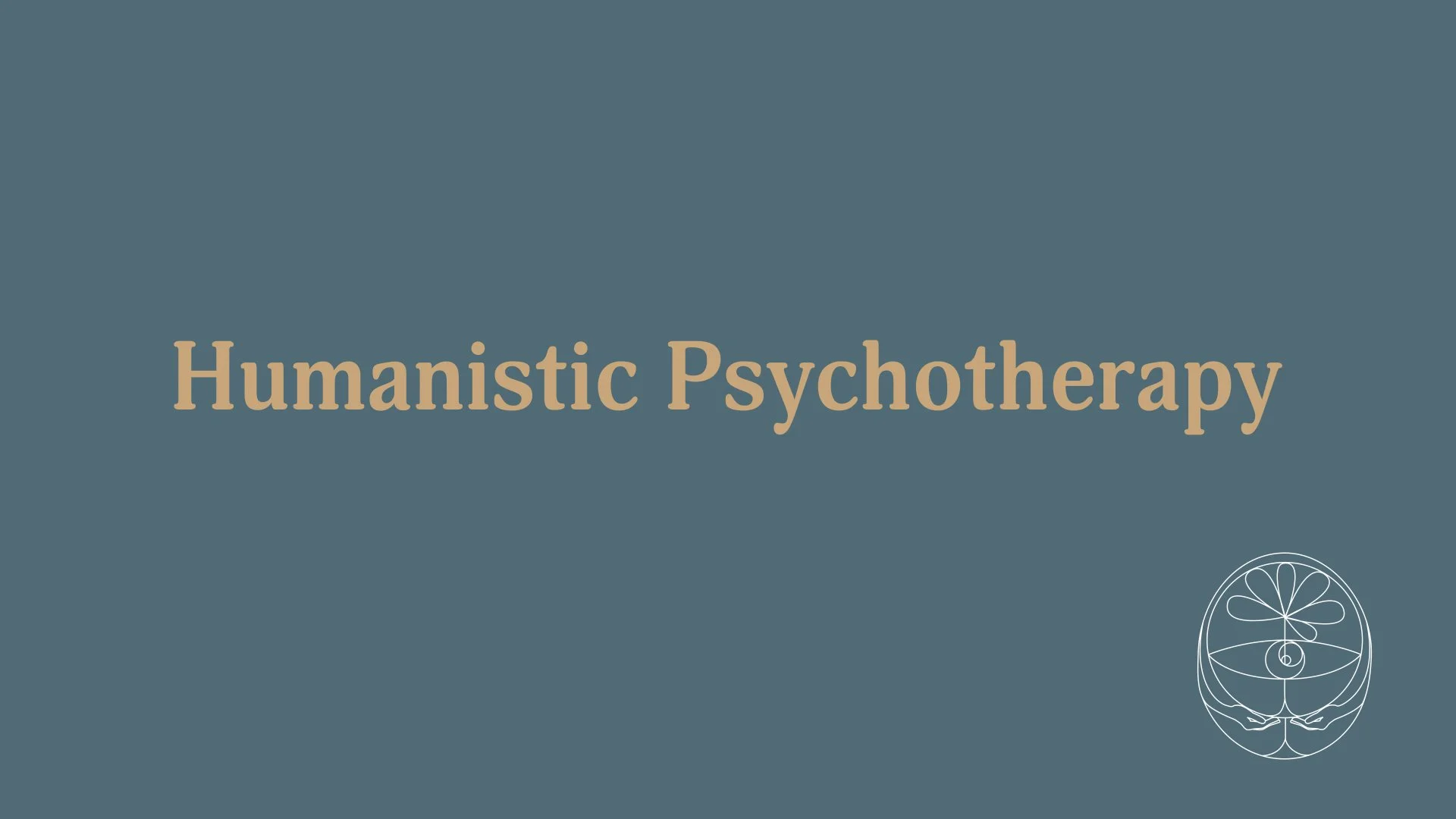
Benefits of a Humanistic approach to Psychotherapy
transcript from video below
question:
How does Humanistic Psychotherapy influence your practice?
Rebecca Bruno:
Humanistic psychotherapy or humanistic psychology, in the way that I practice it, it has to do with a relationship, relational psychotherapy, a therapy that happens in the space between you and your therapist.
One of the most medicinal or curative properties of talk therapy is coming in and speaking your most vulnerable, painful experiences with a witness. That's the key to what humanistic or relational psychotherapy means.
It means that you are in the presence of another. You are being witnessed with another, with your therapist. What happens between you is part of what we talk about.
If at times you feel angered or saddened or appreciative of something that happens in the space between you and your therapist, that becomes part of the material we work with because the space is a relational lab where you get to take risks and experiment and bring those learnings out into the world in your relationships and elsewhere.
end of transcript

I welcome you to schedule a complimentary fifteen-minute phone consultation to see whether we may work well together.

More information about Humanistic Psychotherapy that you might find useful
Describe Humanistic Psychotherapy
Humanistic Psychotherapy is a person-centered approach that views individuals as containing an innate capacity to heal from within. We can understand our problems and have the resources within ourselves to resolve them. Therapy, from this perspective, rests in the relationship between the client and therapist, has a flexible structure, and is minimally directive.
What is the therapist's role in Humanistic Psychotherapy?
The therapist's role is to create a safe, non-judgmental space that encourages you to explore your thoughts, feelings, and experiences. Through this process, you can better understand ourselves, our needs, and our values, leading to personal growth and greater fulfillment.
What are some key principles of Humanistic Psychotherapy?
One of the principles of Humanistic Psychotherapy is the concept of unconditional positive regard. This means the therapist approaches the client with acceptance, empathy, and a non-judgmental attitude, regardless of their past experiences or current struggles. By providing this unconditional support, the therapist can help clients build a sense of self-worth and self-esteem, leading to increased self-confidence and a more remarkable ability to cope with life's challenges.
Another essential principle of Humanistic Psychotherapy is the focus on the present moment. The therapist encourages clients to focus on their current thoughts, feelings, and experiences. This helps clients develop a greater sense of mindfulness and awareness, which can lead to improved emotional regulation and greater well-being.
Most importantly, this therapeutic approach emphasizes the client's subjective experience and innate capacity for self-awareness, creativity, and self-actualization.

